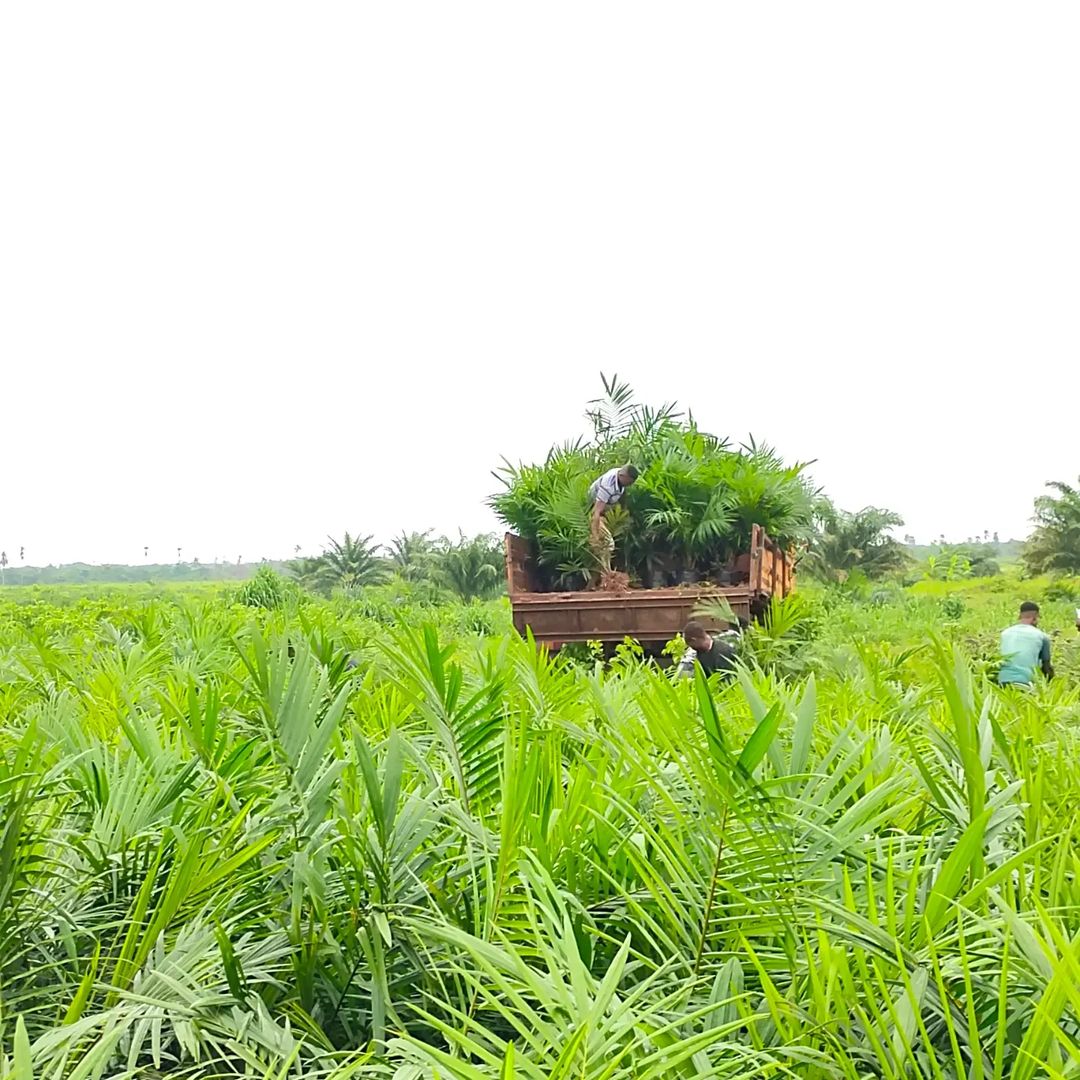PROSPECTS FOR DOMESTIC AND FOREIGN INVESTORS
Nigeria’s oil palm sector presents lucrative investment opportunities for both domestic and foreign investors seeking to capitalize on the country’s abundant natural resources and growing demand for palm oil products. With its favorable climate, vast arable land, and established agricultural infrastructure, Nigeria offers a conducive environment for investment in oil palm cultivation and processing. In this blog post, we’ll explore the promising prospects and potential returns awaiting investors in Nigeria’s thriving oil palm industry.
1. Rising Demand and Market Potential:
Nigeria is a major player in the global palm oil market, producing significant volumes of crude palm oil (CPO) and palm kernel oil (PKO) to meet domestic and international demand. With a population exceeding 200 million and a rapidly expanding middle class, Nigeria presents a vast and growing market for palm oil products, including cooking oil, soap, cosmetics, and biofuels. Investors can tap into this burgeoning market by establishing or expanding oil palm plantations, processing facilities, and distribution networks to meet consumer needs and preferences.
2. Government Support and Policy Initiatives:
The Nigerian government has implemented various policy measures and incentives to attract investment in the agricultural sector, including the oil palm industry. Initiatives such as the Agricultural Transformation Agenda (ATA), the Presidential Fertilizer Initiative (PFI), and the Anchor Borrowers Program (ABP) aim to promote agricultural development, enhance productivity, and support smallholder farmers. Additionally, incentives such as tax breaks, land lease agreements, and access to credit facilities further incentivize investment in oil palm cultivation and processing activities.
3. Favorable Investment Climate: Nigeria offers a favorable investment climate characterized by political stability, macroeconomic reforms, and business-friendly regulations. The country’s strategic location in West Africa, coupled with its membership in regional trade blocs such as the Economic Community of West African States (ECOWAS), provides investors with access to larger markets and trade opportunities. Moreover, advancements in technology, logistics, and infrastructure enhance the efficiency and competitiveness of the oil palm value chain, reducing production costs and improving market access for investors.
4. Diversification and Value Addition:
Beyond primary production, there are opportunities for investors to engage in value-added activities within the oil palm sector. This includes refining, fractionation, and processing of palm oil derivatives for specialty markets and high-value applications. By diversifying into downstream activities, investors can capture additional margins, enhance product quality, and differentiate their offerings in a competitive market landscape. Furthermore, investments in research and development (R&D) can spur innovation and drive sustainable growth in the sector.
5. Sustainable Practices and Certification:
In response to environmental concerns and consumer demand for sustainable palm oil, investors are increasingly adopting responsible and certified cultivation practices. Certification schemes such as the Roundtable on Sustainable Palm Oil (RSPO) and the Nigerian Sustainable Palm Oil (NSPO) initiative promote environmentally and socially responsible production standards, ensuring compliance with international best practices. By investing in sustainable palm oil production, investors can mitigate risks, enhance market access, and uphold corporate social responsibility (CSR) commitments.
Conclusion:
Nigeria’s oil palm sector offers a compelling investment opportunity for both domestic and foreign investors seeking attractive returns, market growth, and sustainable development outcomes. By leveraging its abundant resources, supportive policies, and market potential, Nigeria can position itself as a leading destination for oil palm investment, driving economic prosperity, job creation, and rural development across the country. With a strategic and informed approach, investors can contribute to the transformation of Nigeria’s agricultural landscape and capitalize on the immense potential of the oil palm sector.

